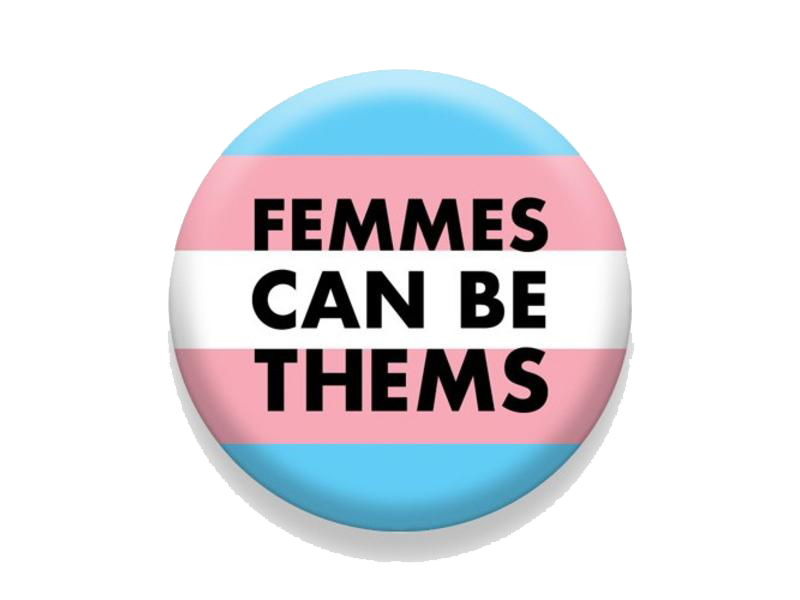The only explanation of pronouns you’ll ever need. (Yes really!)

We’ve seen many guides and had many questions about why respecting the pronouns of others is so important. We’ve also seen a lot of very patient people take the time, effort and emotional energy to explain this—sometimes more than once and sometimes to perfect strangers. So we wanted to create the simplest possible guide for how to truly understand the importance of another person’s pronouns.
- A person’s pronouns are essentially an extension of their name.
If I wouldn’t say, “Hey, I know your name is Mark, but I’m just going to call you Chuck, okay?” then why would I ever say, “Hey, I know your pronouns are he/him, but I’m just going to use she/her”? - Singular “they” isn’t at all new. (But it would be totally fine if it was.)
The Oxford English Dictionary finds the use of the singular they as far back as 1375. More recently, a professor of mine spoke for 30 minutes about a research subject whose name and gender they didn’t know (for confidentiality reasons), and they used they/them/their pronouns the entire time without missing a beat. (As I just did in this paragraph.) - Personal pronouns are personal—and they’re not a preference.
I hear well-meaning folks ask, “What are your preferred pronouns?” I typically want to say, “What is your preferred name?” Pronouns aren’t a preference. They’re the person’s pronouns. It is better to ask, “What are your pronouns?” or “What pronouns do you use?“ - Pronouns aren’t a trivial thing. And being careless or lazy about using them properly isn’t either.
When you refuse to use someone’s correct pronouns, you’re telling them that you don’t believe them to be who they say they are and that respecting their humanity isn’t important to you—and there is nothing trivial about that. - A person’s pronouns are their pronouns—whether they’re within earshot or not.
Using someone’s correct pronouns only when they’re present is problematic on many levels, but even from the most selfish angle, you’re much more likely to slip up when they’re present if you’re misgendering them when they’re not. More importantly, it’s just not cool. - Complaining that using non-binary pronouns is hard is like saying that remembering to use someone’s correct name is hard.
Changing bad habits that the patriarchy has indoctrinated us with does take time and effort—but that’s not an excuse to not do it. Just as we have to commit to the ongoing work of unlearning white supremacy and misogyny, we have to do the ongoing work of unlearning transphobia, transmisogyny, homophobia, etc., too. - You only have to be thoughtful and kind—not telepathic.
The only way to know someone’s pronouns is to ask (unless they’ve shared it in their email signature, a button they’re wearing, etc.). The whole point is to not make assumptions—or feel like you have to. The best way to do this is to offer your own pronouns when you introduce yourself. I’ll often say, “Hi, I’m Iris and my pronouns are they/them or she/her. Can I ask what your pronouns are?” Of course, there are people who may decline to share their pronouns for any number of reasons and that is perfectly okay, too. I then refer to them only by their name since I don’t know their pronouns.

And there you have it! Now all that is needed is practice! Want some tips for how to do that? Jump to “How to practice using correct pronouns (so you can do less harm)“.
A brief history of singular ‘they’ (Oxford English Dictionary)